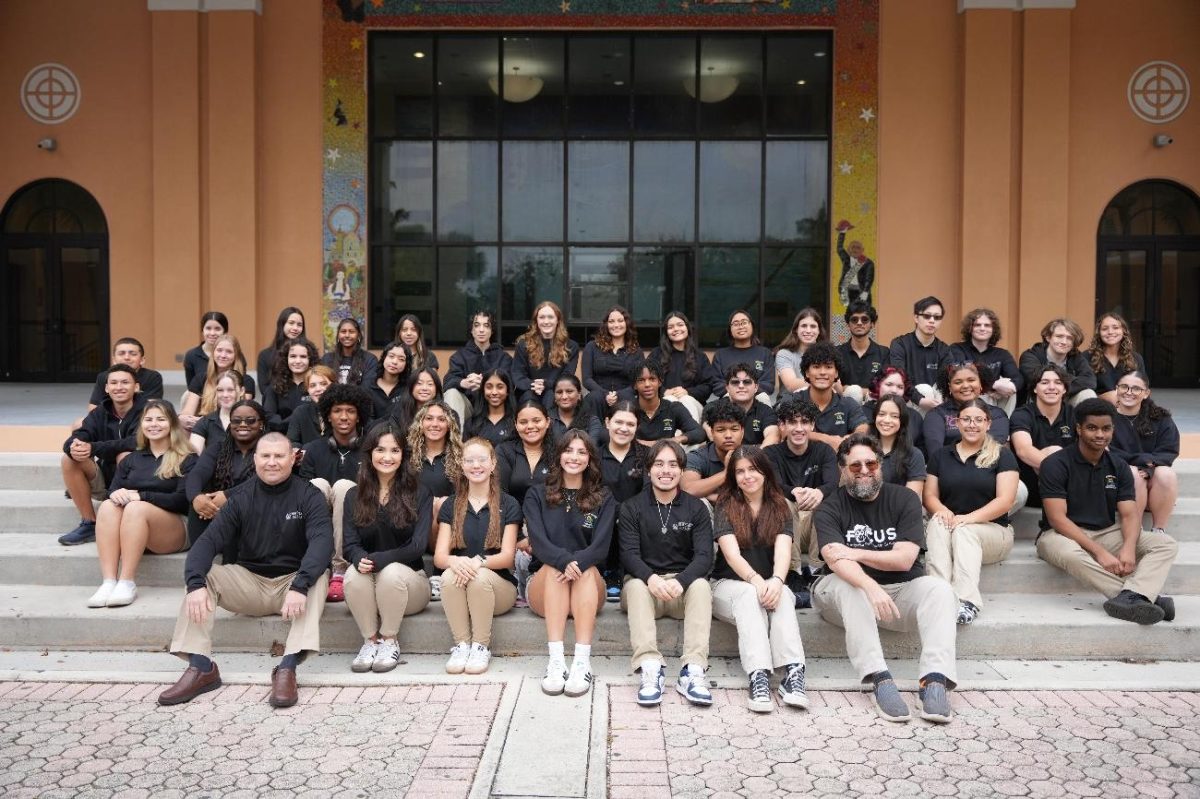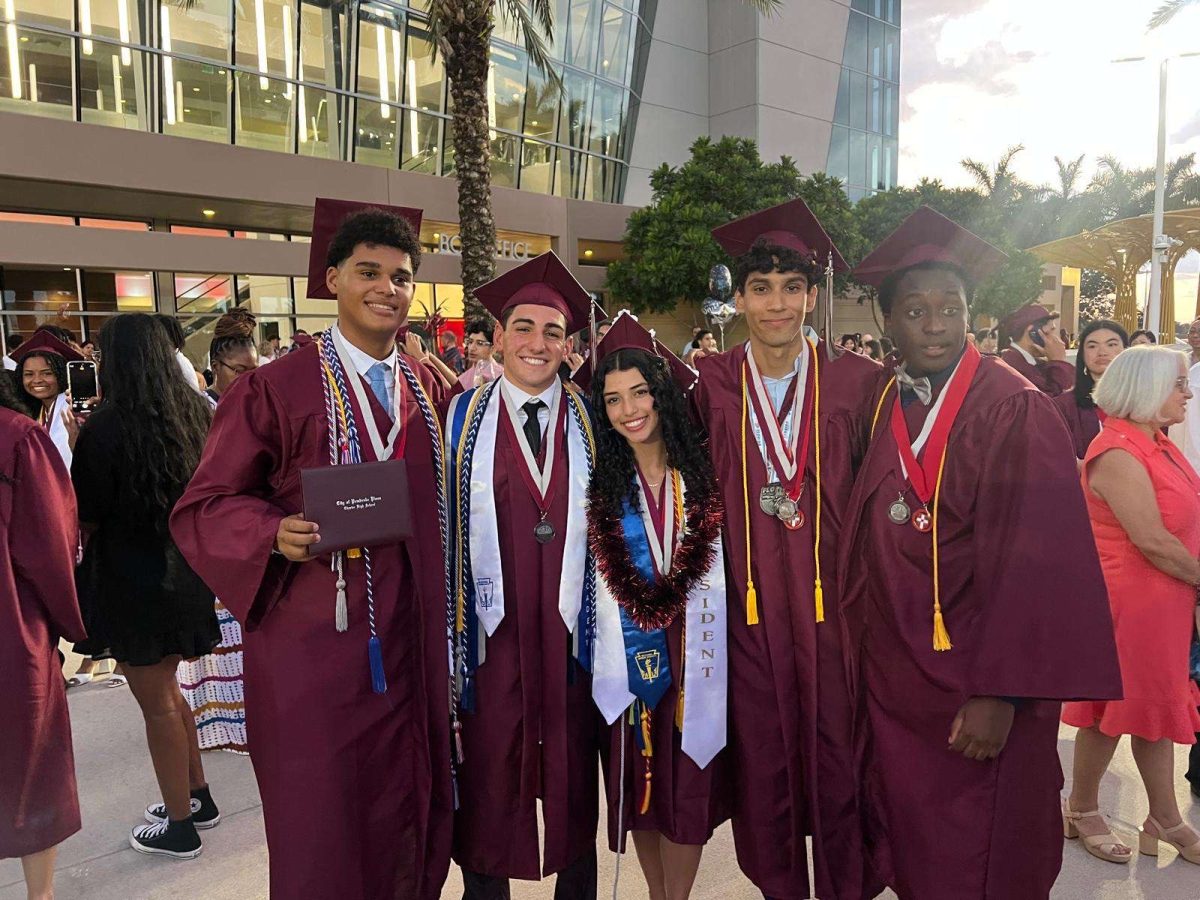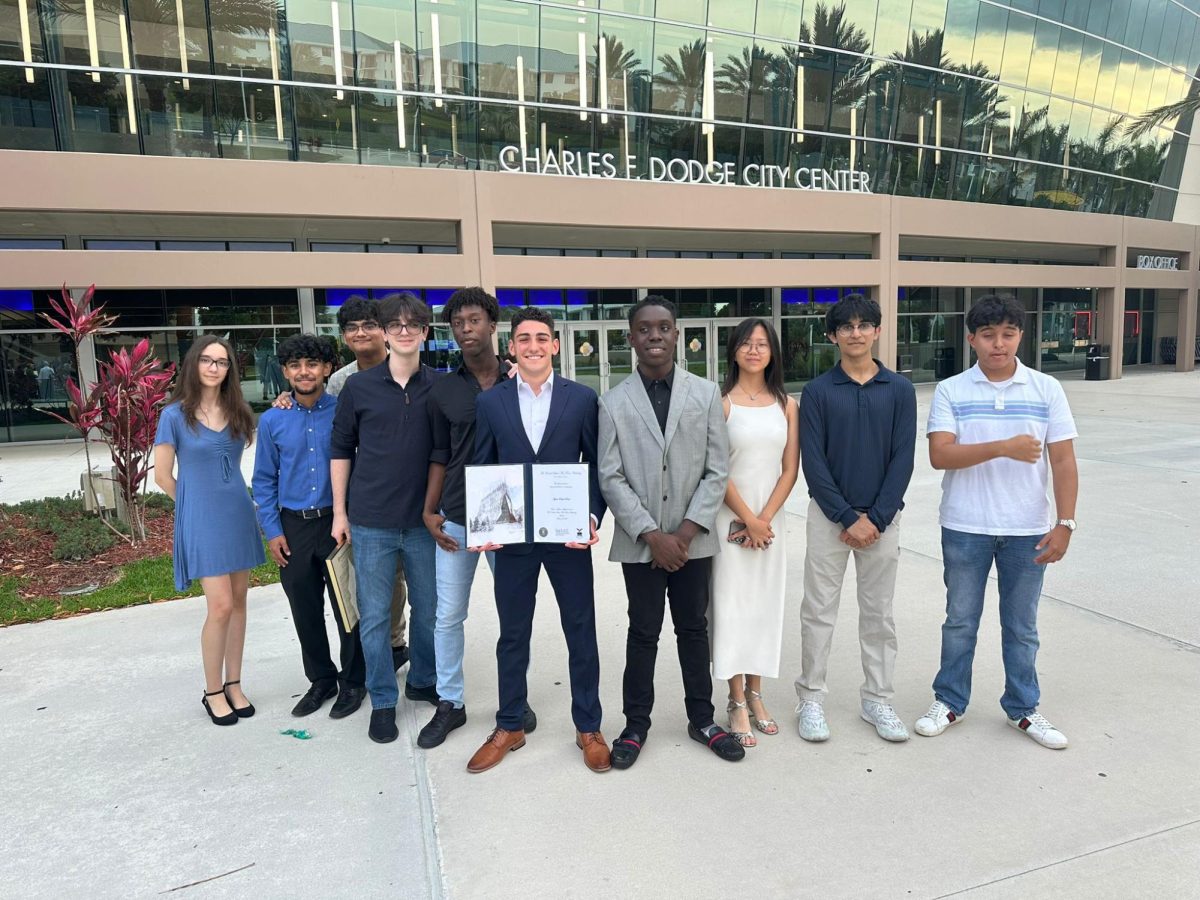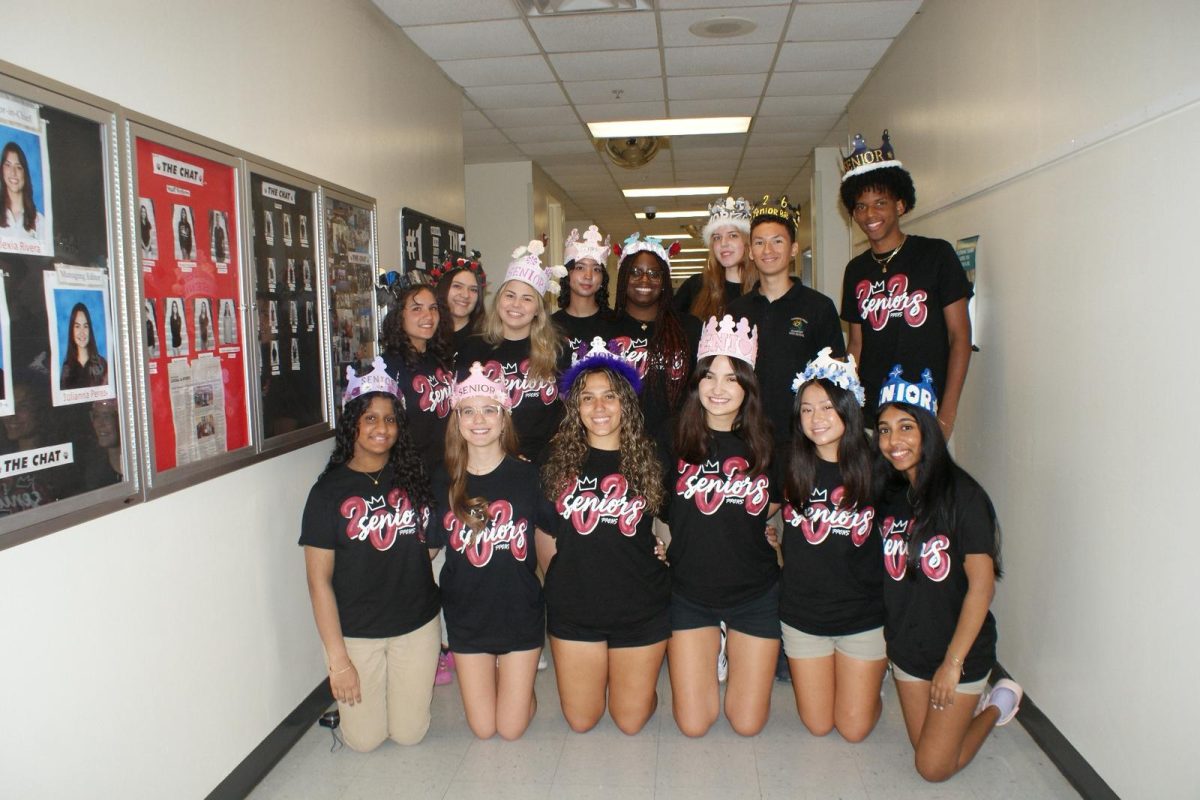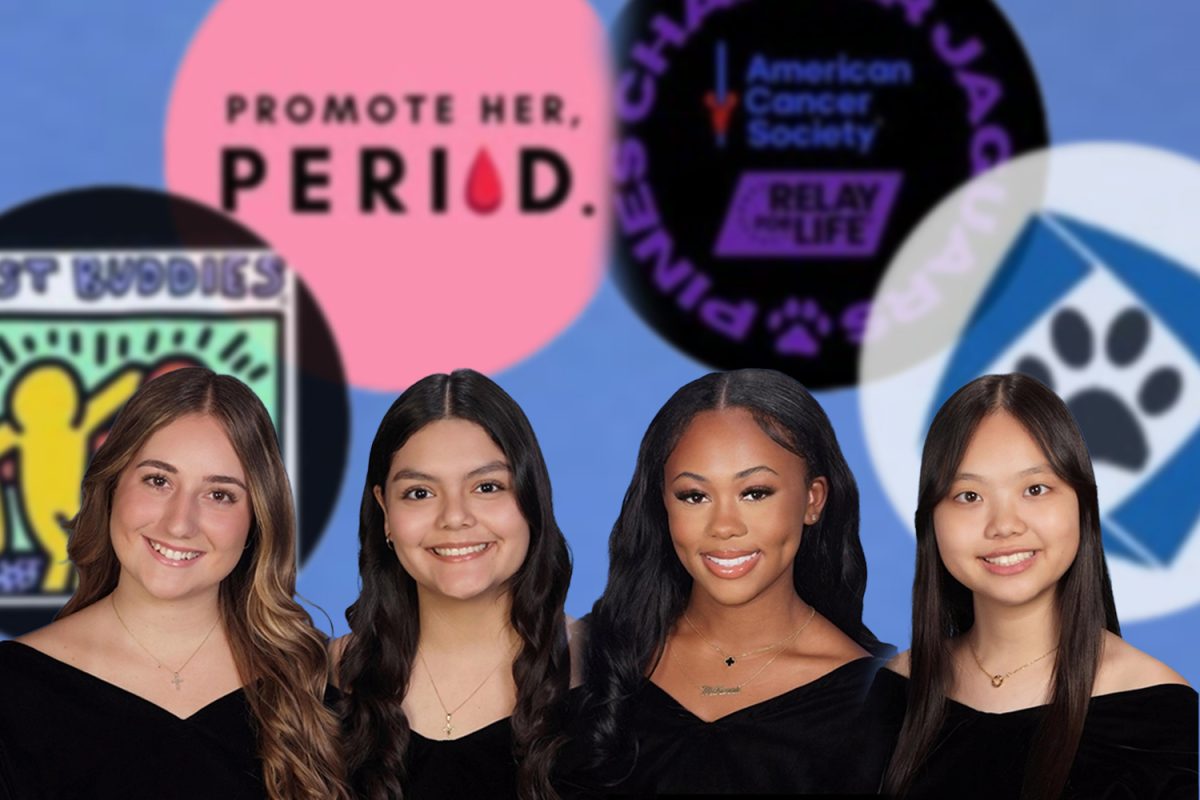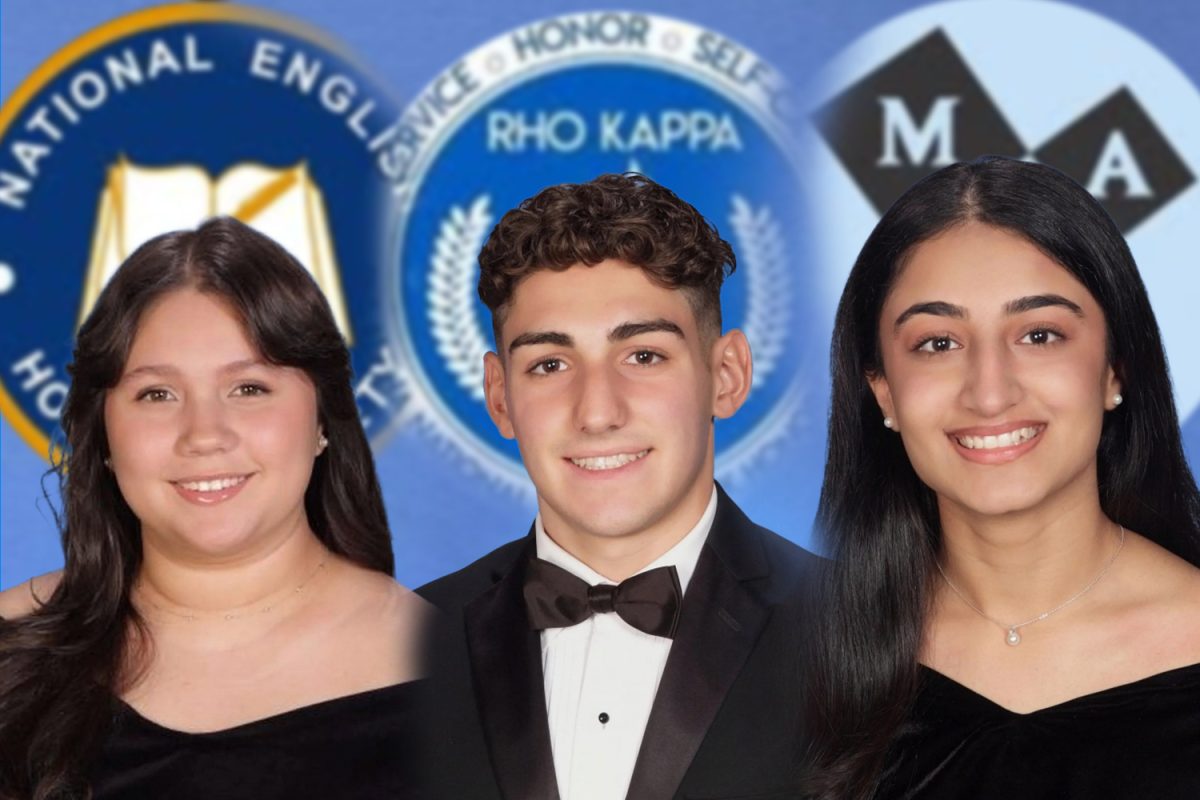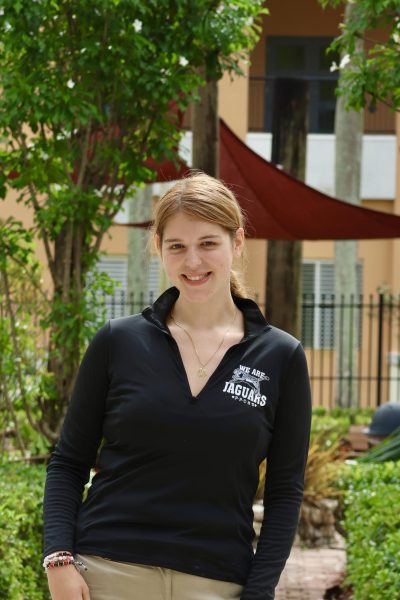Autism isn’t something that students can always see at first sight. Because autism is a spectrum disorder, some individuals may require heavy support and intervention, while others may have less noticeable symptoms (CDC). However, like many neurological and developmental disorders, the stigma around autism often creates a sense of ostracism and isolation with the people it affects (NIH). Throughout the month of April, citizens bring publicity and awareness to autism and Asperger’s syndrome.
Generally, symptoms are believed to appear within the first three years of a child’s life, and the word spectrum signifies that there are various levels to how severe or how minimal the symptoms may appear (CDC). Each individual diagnosed with autism will have different symptoms than another, which is why there is no singular “cure” to similar neurological disorders, as each case will present their own unique challenges, strengths, and interests.
Every story will be different for each student, and each diagnosis will be different from the last. For some, it’s harder to get diagnosed than others, especially those who have less severe symptoms yet still affect them in their daily life. No specific medical tests can accurately measure autism, and in some students, they don’t realize that they’re on the spectrum until much later in life.
In honor of Autism Awareness month, some students of PPCHS have come forward to spread awareness and share their experiences after being diagnosed with autism.
Junior Emma Marsala
Junior Emma Marsala was officially diagnosed with autism at 16, however her doctors had mentioned the possibility of her being on the spectrum two years prior. “I was told I could possibly have it when I was 14,” Emma stated. However, the process of being officially diagnosed is lengthy — with very few professionals available who are experienced in this specific medical field, it took their family a lot longer to find and get an appointment.
Due to the stigma surrounding autism, many often think of an autistic person as a stereotypical child hyper fixated on an interest. “But that’s not me,” Marsala explained. Emma further explains that professionals don’t diagnose autism based on appearances, and instead focus on other verbal or physical interactions. As a spectrum disorder, symptoms can be complete opposites of one another like too much or too little eye contact.
Because of autism’s broad scale of severity, Emma participates in activities just like every other student at PPCHS. Although her experiences may be slightly different from another student’s, it doesn’t make her any less of an individual. “I want to be treated like everyone else,” Marsala adds. “I shouldn’t have to worry about getting a job and being [thought differently of] for having that stuff on my records.” According to Emma, many people think of her differently after finding out about her diagnosis.
Yet, Emma argues that she is much more than what’s written on her medical records. Her main goal is to make society realize that individuals with autism aren’t missing a piece, they simply just see the world in a different way.
Sophomore Dominic Thompson
“I experience the world through a different lens,” says sophomore Dominic Thompson, aspiring and talented defensive end on the Charter football team.
Although Dominic was officially diagnosed in elementary school, it’s clear to many of his spectators in the bleachers that his diagnosis is not an interference with his success.
On campus, Thompson learns and works just like everyone else. “I’m a visual learner,” he explains. By definition, visual learners must see information in order to learn it. Visual learners may rely on certain colors, graphics, or generally a visual image/example in order to fully grasp certain subjects. “When I hear something happening it’s harder for me to comprehend more than just seeing it happen for myself” Thompson said. The sophomore specifically prefers when things are written out rather than verbally directed. However, being a visual learner isn’t something exclusive to autism spectrum disorder (ASD) — among him, 65% of the general population also learns more efficiently with visual provided examples. With new technological advancements, the future becomes much brighter and more accommodating for both autistic learners and non autistic learners.
However, in regards to technology’s impact, it can also negatively shape the way autism is portrayed. Although social media can be a platform for raising awareness and destigmatizing autism, it can also be a sea of misconceptions. Online, individuals with ASD are stigmatized as not being able to understand emotion. Many perceive autism as a monolithic condition that can only exist in severity, contrary to many individual’s actual experiences (NIH).
On behalf of the autistic community as a whole, Dominic requests one thing from the public: “Don’t make it seem like autistic people are dumb. We’re not dumb. We just have a different way of learning.”
Sophomore Nicholas Aguirre
“I feel like having autism affects me in a lot of ways. People can’t relate to me that much, because they’re not as invested as I am into things. They’re not as deep into science as I am, they just don’t like certain things like I do,” says sophomore Nicholas Aguirre. Aguirre is a passionate sophomore who loves marine life and aspires to be a marine biologist in the future. Aguirre has a strong love for learning, but finds that he has mild difficulty when it comes to subjects out of his general liking.
“When I say learning, I don’t mean like grades. Grades are a different story,” he comments. Many neurodivergent learners find that they process knowledge at an entirely different rate in comparison to neurotypicals because their brains are wired to comprehend and perform certain cognitive skills with more efficiency over other functions. “No autistic person is alike,” Aguirre said. “That’s why it’s a spectrum.”
However, although many students have strong subjects and weak subjects, because of Aguirre’s diagnosis, he finds that the general response he receives is different than the average student. “Juniors and seniors look at me sometimes like I’m a robot or have some sort of low IQ level,” he says. “I just want someone who can apply, reciprocate, and help no matter what. I need someone who understands.”
Although April will eventually come to an end, the awareness raised during it is long lasting. According to many individuals with autism at PPCHS, the most important thing to remember is to treat not just autistic people, but everyone, with patience, respect, and love. “Love me just like you would love your friends or anyone else,” Aguirre said. He adds that the love he’s talking about doesn’t necessarily mean he desires worship or infantilization — just to be treated equally.


